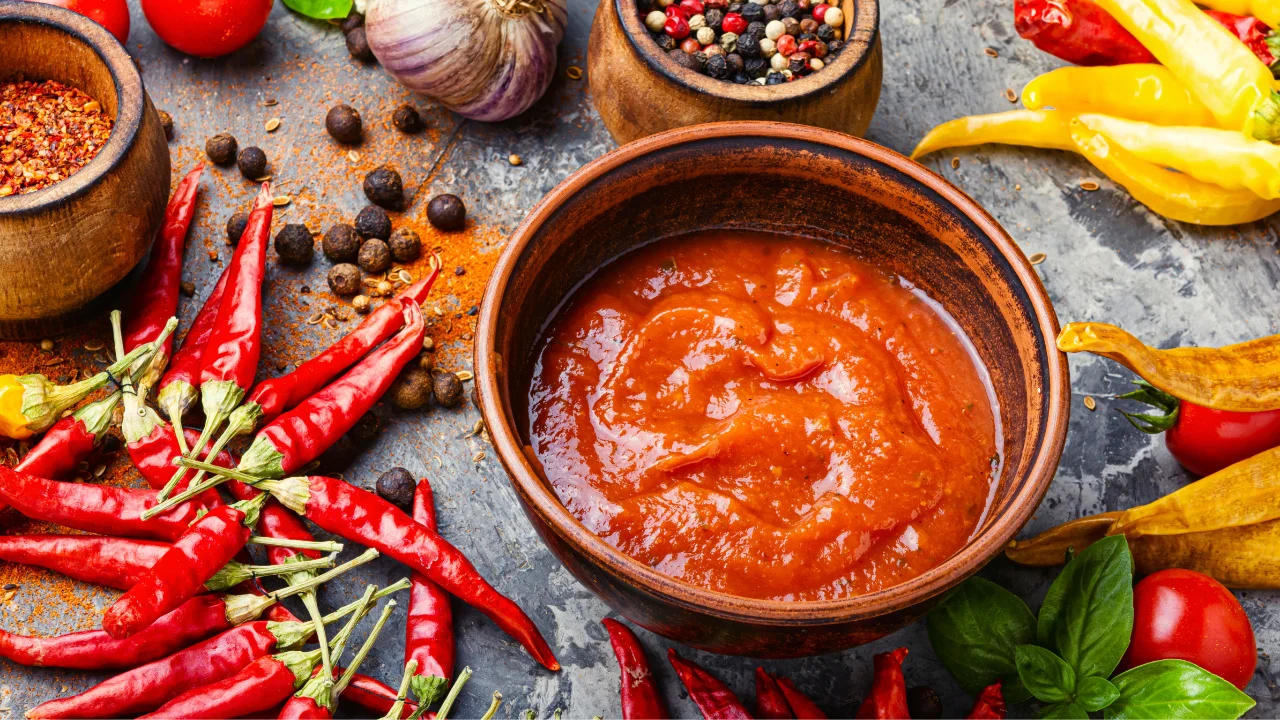
Spicy food. If you’re having a hot Cheetos craving, you might wonder whether it’s safe to dig in while breastfeeding. The answer: Snack on!
You might have heard that spicy foods could make your breastfeeding baby fussy, gassy, or colicky. But there’s no evidence that spice-laden snacks and meals have any of these effects.
There are a couple of case studies, however, where capsaicin – the chemical compound that makes foods spicy – appears to have caused skin rashes in some infants. If you’re concerned that foods you eat could be causing skin irritation in your baby, check in with your provider.
Can spicy food affect breast milk?
Research suggests that capsaicin from spicy foods can make it into your breast milk in very low amounts.
If you like spicy foods but are concerned about how they might impact your baby, keep in mind that cooking capsaicin in heat (say, using chili pepper in a curry sauce) drastically reduces its concentration, so that very little passes through your breast milk.
Capsaicin is also used in some skin creams (topical medications) to help relieve pain from arthritis and shingles, and it’s available as an over-the-counter supplement. Talk to your doctor if you’re breastfeeding and use capsaicin to treat a medical condition.
Because capsaicin is absorbed into the body through the stomach and not the skin, it’s very unlikely to make it into your breast milk if you use capsaicin creams. However, capsaicin supplements haven’t been well-studied in nursing women, so your doctor may recommend avoiding them while breastfeeding.
Can I keep eating spicy foods while breastfeeding?
Yes, you can keep eating spicy foods while breastfeeding. It may even be good for your baby. The great thing about eating a variety of foods while nursing – including spicy foods – is that you’re introducing your baby to a variety of flavors.
The flavor of your breast milk is constantly changing, unlike formula, which tastes the same at every feeding. Your baby may actually love the stronger flavor of your breast milk after you eat a spicy dish.
In fact, the first few years of life are a critical window for your baby’s future palate. Many studies have shown that children prefer the foods their moms frequently ate while breastfeeding, even years later. And babies who are exposed to a variety of flavors and healthy foods through breastfeeding are more likely to have a diverse diet and healthy eating habits later in life.
Keep in mind that some substances that pass through your breast milk can be dangerous for your breastfeeding baby in certain amounts, including alcohol, caffeine, high-mercury fish, marijuana, and certain herbs.
You may have heard that eating certain foods, like cabbage, can cause gas in your breastfeeding baby. This is unlikely, but a few babies do have a cow’s milk allergy and react to dairy in a breastfeeding mom’s diet. It’s possible that other allergenic foods in a nursing mom’s diet – such as eggs, wheat, fish, peanuts, and other nuts – could cause an allergic reaction in babies, although there’s not much quality evidence.
Symptoms of a true food allergy occur soon after feeding and include extreme colic, rashes (eczema or hives), vomiting, diarrhea, and difficulty breathing. If your baby experiences these symptoms, call their provider right away.
By the way, other foods that were off-limits during pregnancy – including sushi, undercooked meats, and honey – are safe for you to eat while breastfeeding. That’s in part because during pregnancy, your immune system is weaker and can’t fend off the dangerous bacteria sometimes found in these foods. When you’re postpartum, however, your body can neutralize these pathogens so they won’t harm your breastfeeding baby.
Read more about


Add a Comment